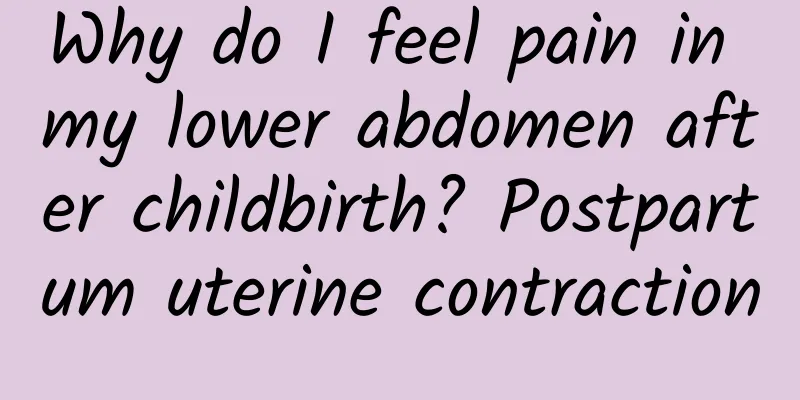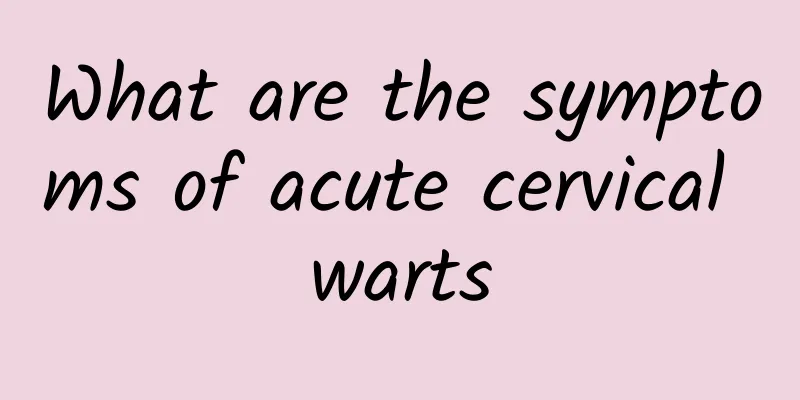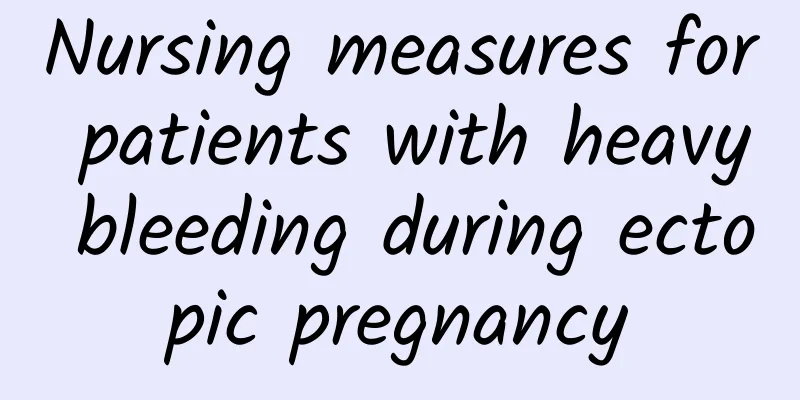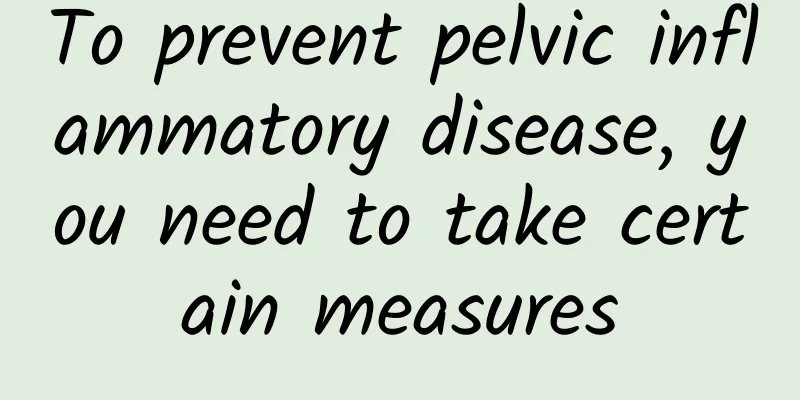Why do I feel pain in my lower abdomen after childbirth? Postpartum uterine contraction

|
If you feel a noticeable pain in your lower abdomen after childbirth, it is likely caused by uterine contractions after childbirth, which is normal. Also, if the uterus is inverted during childbirth and has not recovered well, there will be pain. In addition, if there is inflammation after childbirth, there will also be a pain in the lower abdomen. Giving birth is a very important thing for women. During pregnancy, the body is relatively fragile, and giving birth is a very dangerous thing for women. In addition, after giving birth, both breastfeeding and pregnant women may have various problems. Some women will feel pain in their lower abdomen after giving birth. So what is the reason for the pain in the lower abdomen after giving birth? What should you pay attention to? |
<<: What causes pelvic inflammatory disease? It is related to physiological reasons
>>: What causes pelvic inflammatory disease? The causes are completely different
Recommend
WFH weight gain? Follow the 4 major nutrients for three meals a day to lose weight and the 5 major principles to easily lose fat
During the epidemic, you are stuck at home and ca...
What are the external symptoms of threatened miscarriage?
What are the external manifestations of threatene...
What measures can be taken to detect irregular menstruation?
Most gynecological diseases are cured faster the ...
How much harm does a miscarriage do to women? What are the symptoms of a miscarriage?
When pregnancy ends before 20 weeks and the fetus...
Can I get pregnant if I have an ovarian cyst? What are the symptoms?
Many female friends are found to have ovarian cys...
The cost of uterine fibroids treatment How to use medication to treat uterine fibroids
It costs a lot of money to treat any disease. Gyn...
What are the serious dangers of Trichomonas vaginitis?
In modern society, more and more women suffer fro...
How long does it take to recover after adenomyosis surgery?
It usually takes 6 to 8 weeks to resume normal ac...
What are the symptoms of hemorrhage?
Hemorrhage, the word sounds scary. Hemorrhage act...
Learn how to prevent vaginitis in your daily life
Vaginitis is a common and recurring gynecological...
What are the symptoms of vulvar leukoplakia
Many people call vulvar leukoplakia vulvar malnut...
Patients with functional uterine bleeding should pay attention to iron supplementation in their diet
Because functional uterine bleeding often causes ...
Women need to know the causes of irregular menstruation
Irregular menstruation is a common gynecological ...
How to take care of cervical hypertrophy
Cervical hypertrophy is a common gynecological di...
Hot summer iced coffee mines: one cup is equal to two bowls of rice
In the hot summer, people stay in air-conditioned...









